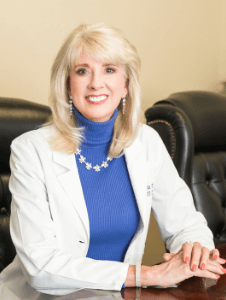One of the hardest things for me to see on the internet is the statement “there is no cure for POTS (Postural Orthostatic Tachycardia Syndrome)”. As a former POTS patient and mom of two POTS patients, I know how much suffering patients must endure. To be told that there is no cure, or that they must figure out how to live with this condition is incredibly damaging to patients, and is untrue.
POTS is not a disease. Diseases can be cured or treated. POTS is a presentation — a sign of something else. When this something else is identified and treated, POTS itself can absolutely go away.
I’ve found that every case of POTS is difficult and no two patients are alike, making evaluation and treatment a complicated task. Even my kids and I were not the same, and getting to the bottom of our cases was difficult. I was diagnosed with Hyperadrenergic POTS after a viral illness, my son had neurocardiogenic syncope, and my daughter had neither, but had significant orthostatic intolerance.
When evaluating our condition, I began by locating similarities between us, then moved to the differences — and this approach is a good one for the patients we see at POTS Care™. We need to locate the major underlying problems, then move to what dominoes have fallen as a result, what other conditions may be worsening the patient, and what aspects of the presentation may be unrelated, but still need to be addressed.
Once we achieve that, we then look for drugs or supplements (in addition to lifestyle changes) we can use to cause-specific shifts. By understanding the mechanism of actions of medications and supplement ingredients, we do not need to wait for the development of new drugs. We can help patients today with products that are currently on the market.
Keep in mind that “cures” are for diseases — “recovery” is for presentations and signs. POTS is always a sign of something else, and recovery is possible.
For every patient with POTS and their loved ones, remember that there is always hope! There is no need to stay “stuck” in POTS forever. It may be difficult, complicated, and may take time, but moving past POTS is possible. If your doctor says otherwise, perhaps you are seeing the wrong doctor.

Diana Driscoll, OD
Founder, Clinical Director at POTS Care
Dr. Diana Driscoll, an Optometrist, is the President of Genetic Disease Investigators, LLC – a research corporation devoted to helping people affected by “invisible illnesses”. Read more…

0 Comments